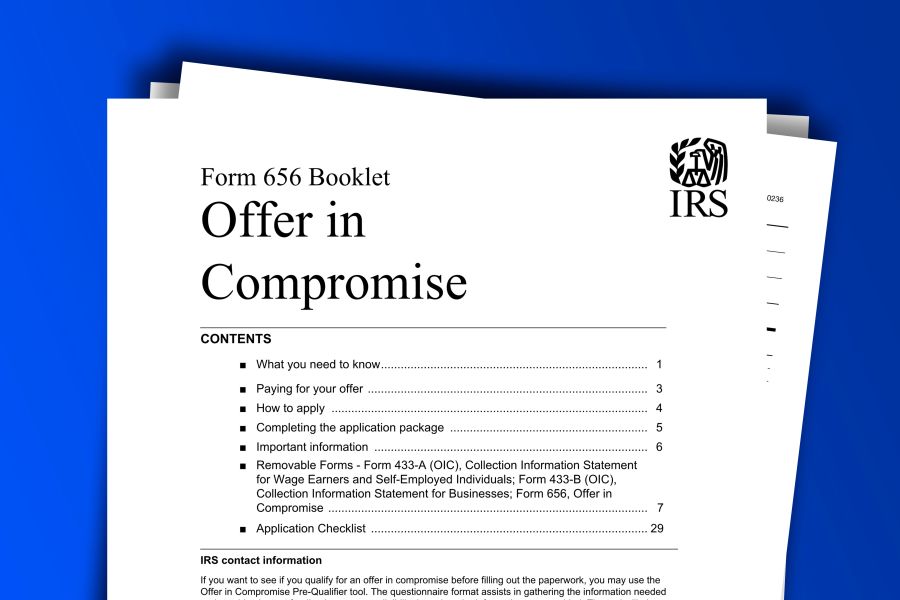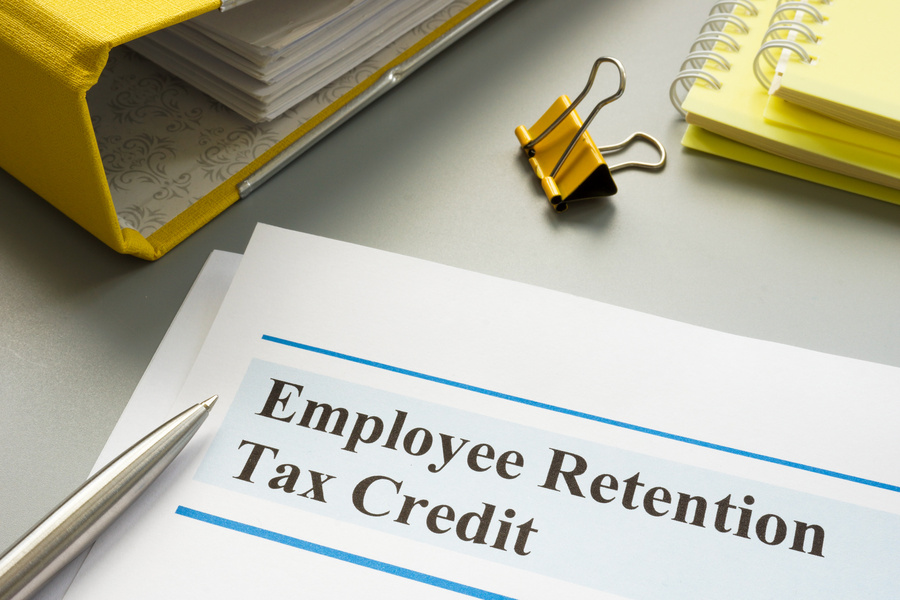One of the most appreciated fringe benefits for owners and employees of small businesses is the use of a company car. This perk results in tax deductions for the employer as well as tax breaks for the owners and employees driving the cars. (And of course, they enjoy the non-tax benefit of using a company car.) Even better, current federal tax rules make the benefit more valuable than it was in the past. Rolling out the rules Let’s take a look at how the rules work in a typical situation. For example, a corporation decides to supply the owner-employee with a company car. The owner-employee needs the car to visit customers and satellite offices, check on suppliers and meet with vendors. He or she expects to drive...

In the midst of holiday parties and shopping for gifts, don’t forget to consider steps to cut the 2023 tax liability for your business. You still have time to take advantage of a few opportunities. Time deductions and income If your business operates on a cash basis, you can significantly affect your amount of taxable income by accelerating your deductions into 2023 and deferring income into 2024 (assuming you expect to be taxed at the same or a lower rate next year). For example, you could put recurring expenses normally paid early in the year on your credit card before January 1 — that way, you can claim the deduction for 2023 even though you don’t pay the credit card bill until 2024. In certain circumstances, you also can...
California AB 2280 established a new Unclaimed Property Voluntary Compliance Program that waives interest for taxpayers who voluntarily come into compliance with unclaimed property reporting requirements. The State Controller’s Office (SCO) has now opened the sign up process for businesses to apply for the program. Unclaimed Property Reporting Explained California businesses holding property belonging to others must file with the SCO to report unclaimed financial assets held by the entity for longer than the dormancy period applicable to the property in question (see “Unclaimed Property Explained” below). Failure to comply without reasonable cause Businesses that fail to comply with the unclaimed property reporting requirements, and do not have reasonable cause, are subject to interest assessed at the rate of 12% on the value of the unclaimed property. There exists...
As reported via IRS Tax Tip 2023-103 9/5/2023 Starting a new business can seem overwhelming for new entrepreneurs or even seasoned professionals. The IRS has resources to help new business owners understand the tax responsibilities of running a business. Here are a few things any entrepreneur needs to do when starting their business. Choose a business structure The form of business determines which income tax return a business needs to file. The most common business structures are: Sole proprietorship: An unincorporated business owned by an individual. There's no distinction between the taxpayer and their business. Partnership: An unincorporated business with ownership shared between two or more members. Corporation: Also known as a C corporation. It's a separate entity owned by shareholders. S Corporation: A corporation that elects to pass corporate income,...
As reported via IRS Fact Sheet 2019-14 in October 2019 One of the advantages of someone running their own business is hiring family members. But when including family members in business operations, certain tax treatments and employment tax rules apply. Here are some facts to know when working with a spouse, parent or child. Both spouses carrying on the trade or business If spouses carry on a business together and share in the profits and losses, they may be partners whether or not they have a formal partnership agreement. If so, they should report income or loss from the business on Form 1065. They should not report the income on a Schedule C (Form 1040) in the name of one spouse as a sole proprietor. But, the spouses...
As reported via IRS Tax Tip 2023-58 on 4/27/2023 When a taxpayer can't pay their full tax liability or if paying would cause financial hardship, they may want to consider applying for an Offer in Compromise. This agreement between a taxpayer and the IRS settles a tax debt for less than the full amount owed. The goal is a compromise that's in the best interest of both the taxpayer and the agency. The application fee for an offer in compromise is $205. Low-income taxpayers don't have to pay this fee, and they should check if they meet the definition of low-income in the instructions for Form 656, Offer in Compromise. When reviewing applications, the IRS considers the taxpayer's unique set of facts and special circumstances affecting their...
As reported via Tax Tip 2022-122 on 8/10/2022 There are a few things business owners need to do before they close their business. Of course, they need to fulfill their federal tax responsibilities. It's also important to notify the IRS of their plans. Business owners must take these steps when closing a business: File a final tax return and related forms. The type of return to file and related forms depends on the type of business. Take care of employees. Business owners with one or more employees must pay any final wages or compensation, make final federal tax deposits and report employment taxes. Pay taxes owed. Even if the business closes now, tax payments may be due next filing season. Report payments to contract workers. Businesses that pay contractors at least...
The IRS recently announced various inflation-adjusted federal income tax amounts. Here’s a rundown of the amounts that are most likely to affect small businesses and their owners. Rates and brackets If you run your business as a sole proprietorship or pass-through business entity (LLC, partnership or S corporation), the business’s net ordinary income from operations is passed through to you and reported on your personal Form 1040. You then pay the individual federal income tax rates on that income. Here are the 2024 inflation adjusted bracket thresholds. 10% tax bracket: $0 to $11,600 for singles, $0 to $23,200 for married joint filers, $0 to $16,550 for heads of household; Beginning of 12% bracket: $11,601 for singles, $23,201 for married joint filers, $16,551 for heads of household; Beginning of...
As reported via IR-2023-193 on 10/19/2023 Special initiative aimed at helping businesses concerned about an ineligible claim amid aggressive marketing, scams As part of a larger effort to protect small businesses and organizations from scams, the Internal Revenue Service announced the details of a special withdrawal process to help those who filed an Employee Retention Tax Credit (ERTC) claim and are concerned about its accuracy. This new withdrawal option allows certain employers that filed an ERTC claim but have not yet received a refund to withdraw their submission and avoid future repayment, interest and penalties. Employers that submitted an ERTC claim that's still being processed can withdraw their claim and avoid the possibility of getting a refund for which they're ineligible. The IRS created the withdrawal option to help...
Is your business depreciating over 30 years the entire cost of constructing the building that houses your enterprise? If so, you should consider a cost segregation study. It may allow you to accelerate depreciation deductions on certain items, thereby reducing taxes and boosting cash flow. Depreciation basics Business buildings generally have a 39-year depreciation period (27.5 years for residential rental properties). In most cases, a business depreciates a building’s structural components, including walls, windows, HVAC systems, elevators, plumbing and wiring, along with the building. Personal property — including equipment, machinery, furniture and fixtures — is eligible for accelerated depreciation, usually over five or seven years. And land improvements, such as fences, outdoor lighting and parking lots, are depreciable over 15 years. Frequently, businesses allocate all or most of...











